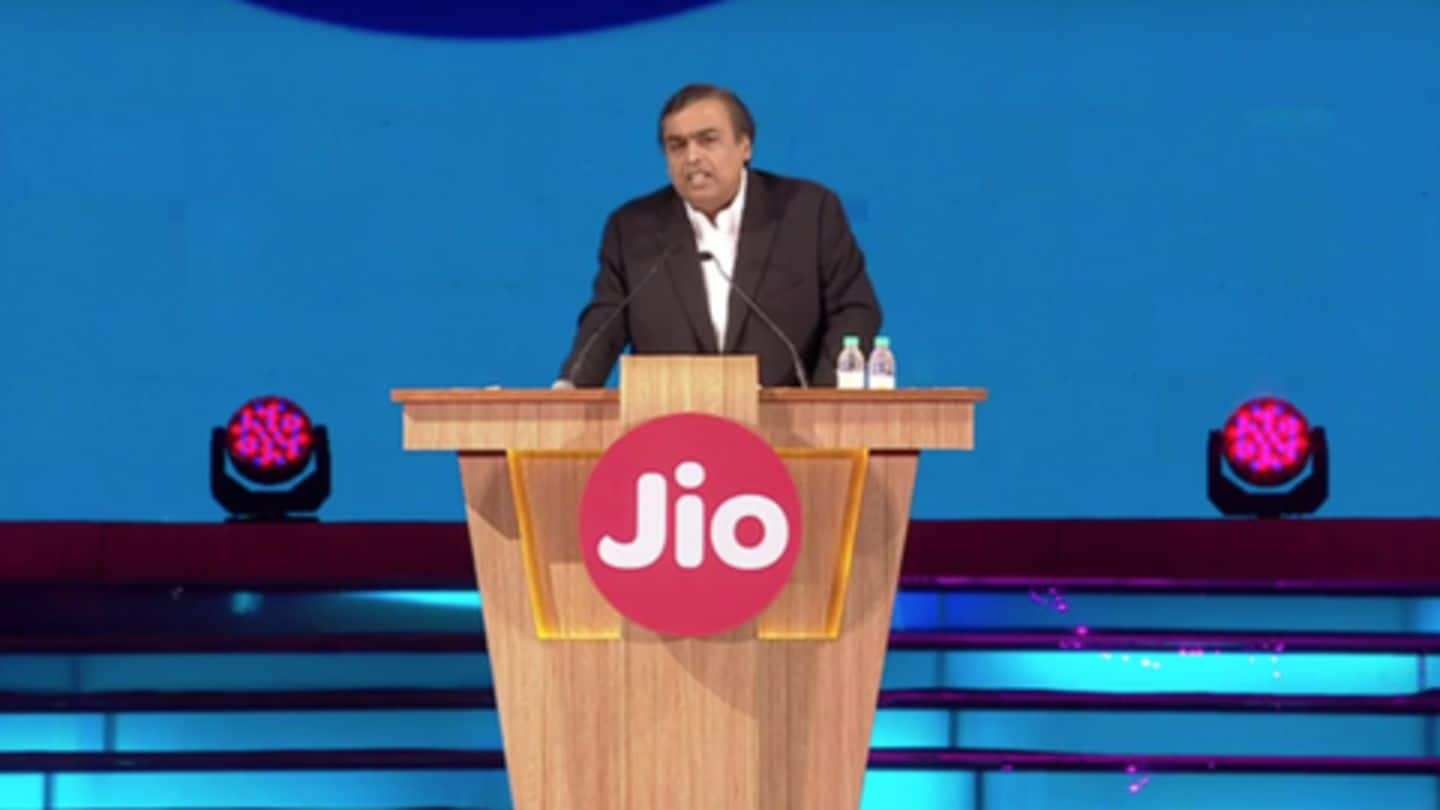
Reliance Jio to launch WeChat-like Super App with 100+ services
What's the story
Reliance Jio is working to launch a Super App which will provide over 100 services under one platform, according to a Business Standard report. The Mukesh Ambani-led company is looking to expand its online-to-offline (O2O) retail plans by merging all of its services in one app - like Tencent's WeChat platform. Here's more on this development.
New platform
Understanding Reliance Jio's Super App
According to the report, Jio is working on a 'Super App' that will serve as a one-stop solution for all consumer needs. This new platform will allow users to order goods and services and pay bills using in-app payment services. Moreover, it will be a hybrid ecosystem that will help users buy via online as well as offline channels.
Viewpoint
Experts believe Jio has the potential to run such business
This WeChat-inspired O2O platform is not new in India. Some home-grown companies like Paytm, Flipkart, Snapdeal have tried to pull off a similar idea but no one has had a breakthrough till date. However, experts believe that Jio has all the products, supply chains, internet user base, tech team, and logistics capability to potentially replicate WeChat's business model in India.
Big strides
Here's what Jio is doing to taste success
Interestingly, Jio has already started withdrawing its fashion and lifestyle products from rival e-commerce giants Amazon and Flipkart. The company is also working with Kirana stores and consumer brands to make an operational model ready for its Super App. Reportedly, SoftBank is also planning to invest about $2-3 billion in Jio as the latter eyes to disrupt the e-commerce space in India.
Information
In 10 years, Reliance plans 50% revenue from consumer business
Presently, about 80% of the Reliance's sales come from its traditional oil and gas business. However, as the company is aggressively pushing into telecom, broadband, and e-commerce sectors, it "plans to generate half of the group's revenue from the consumer businesses in the next decade."